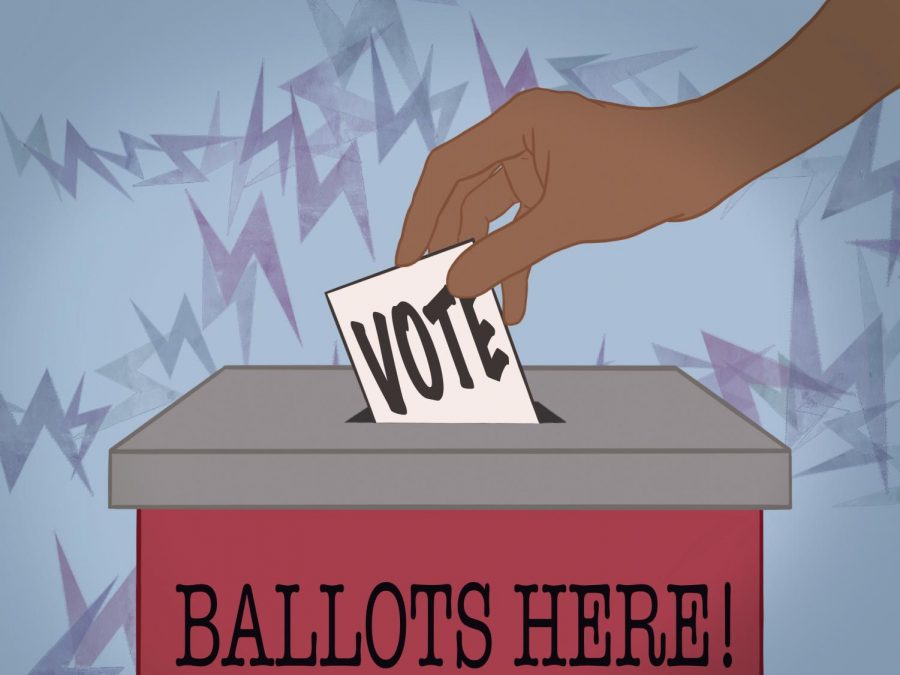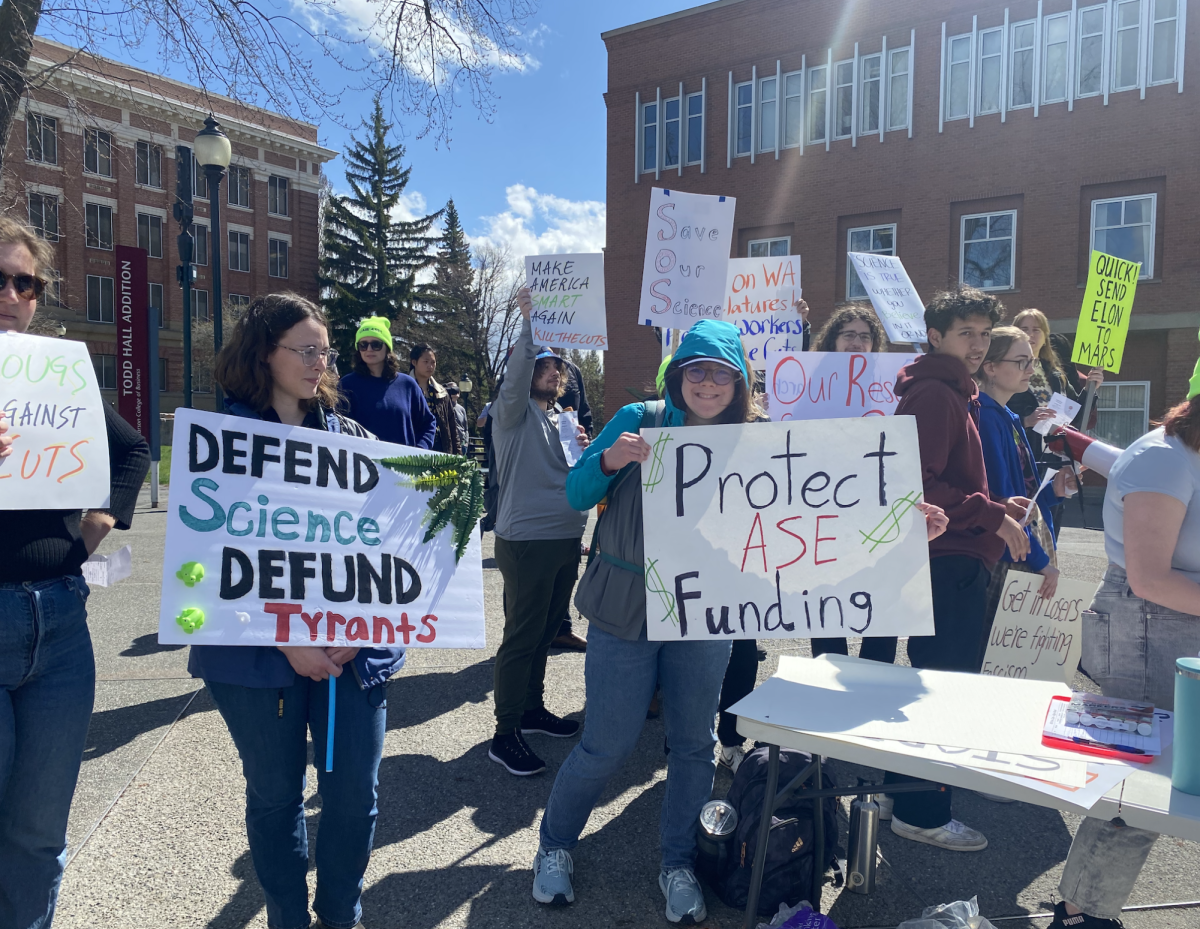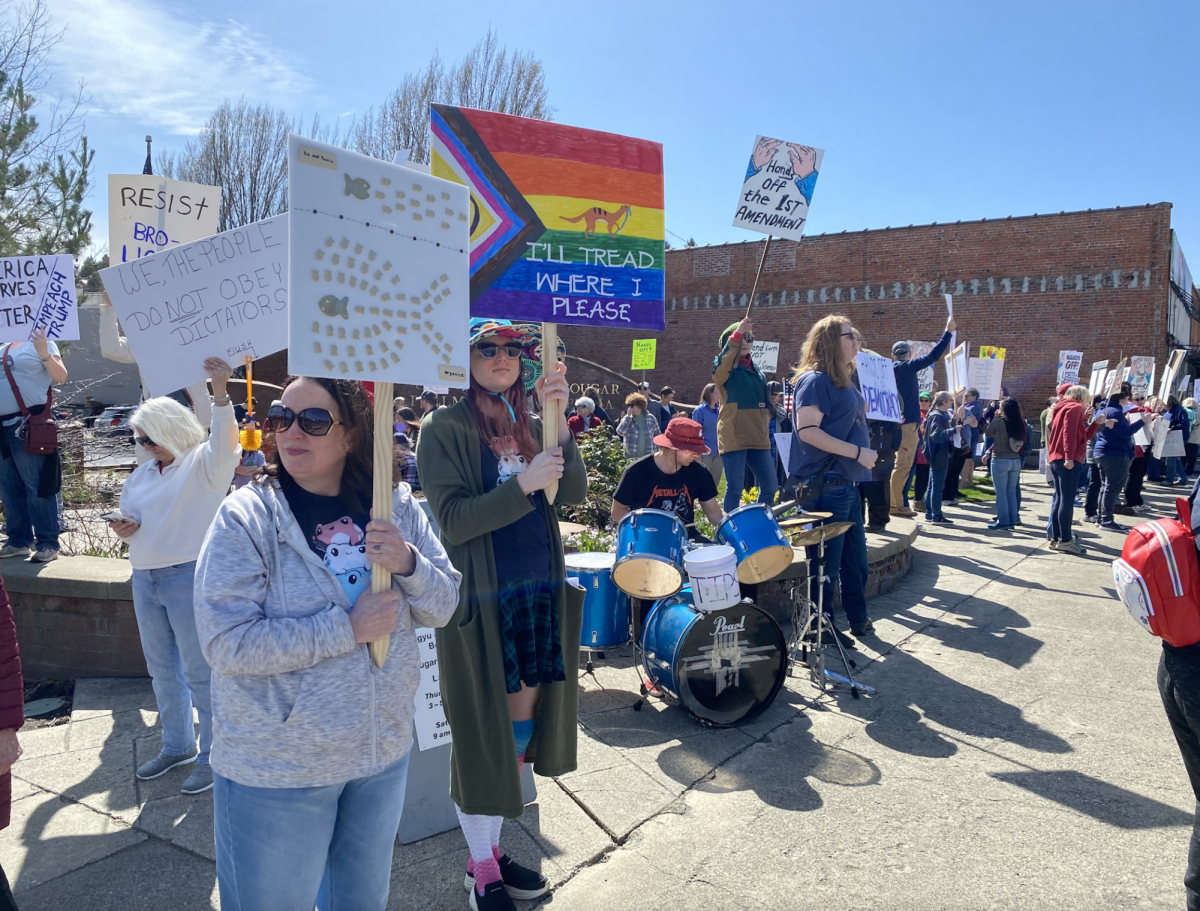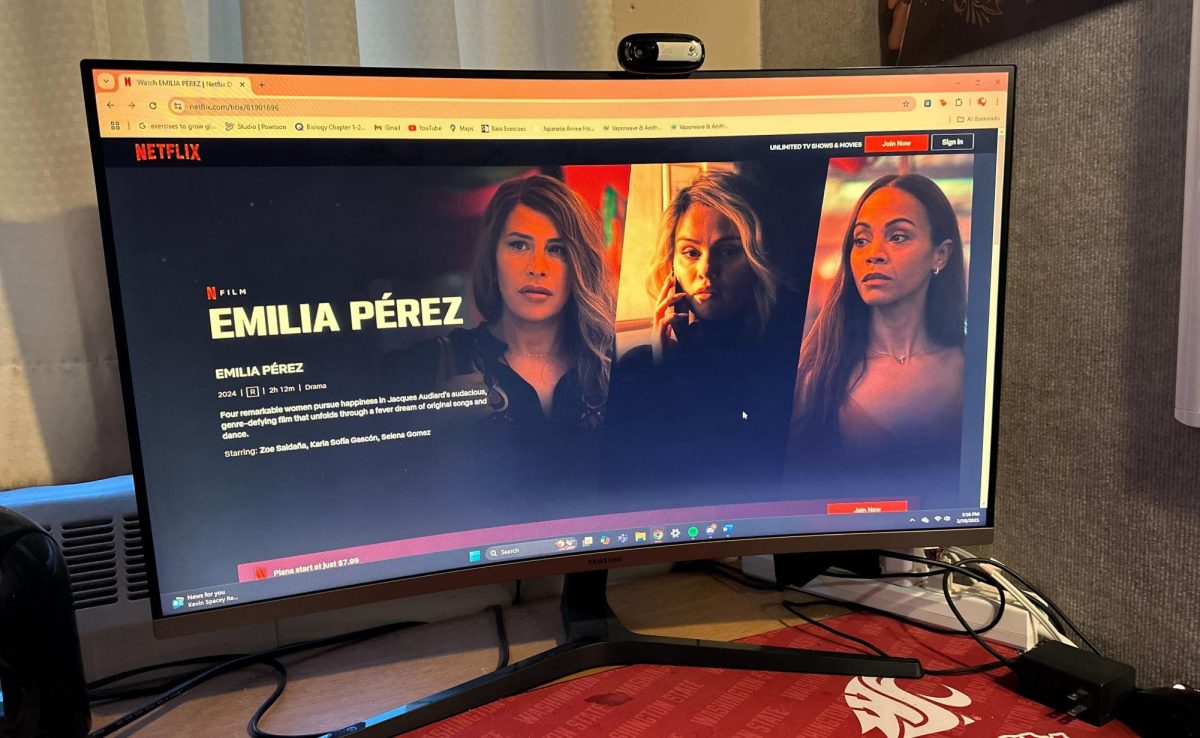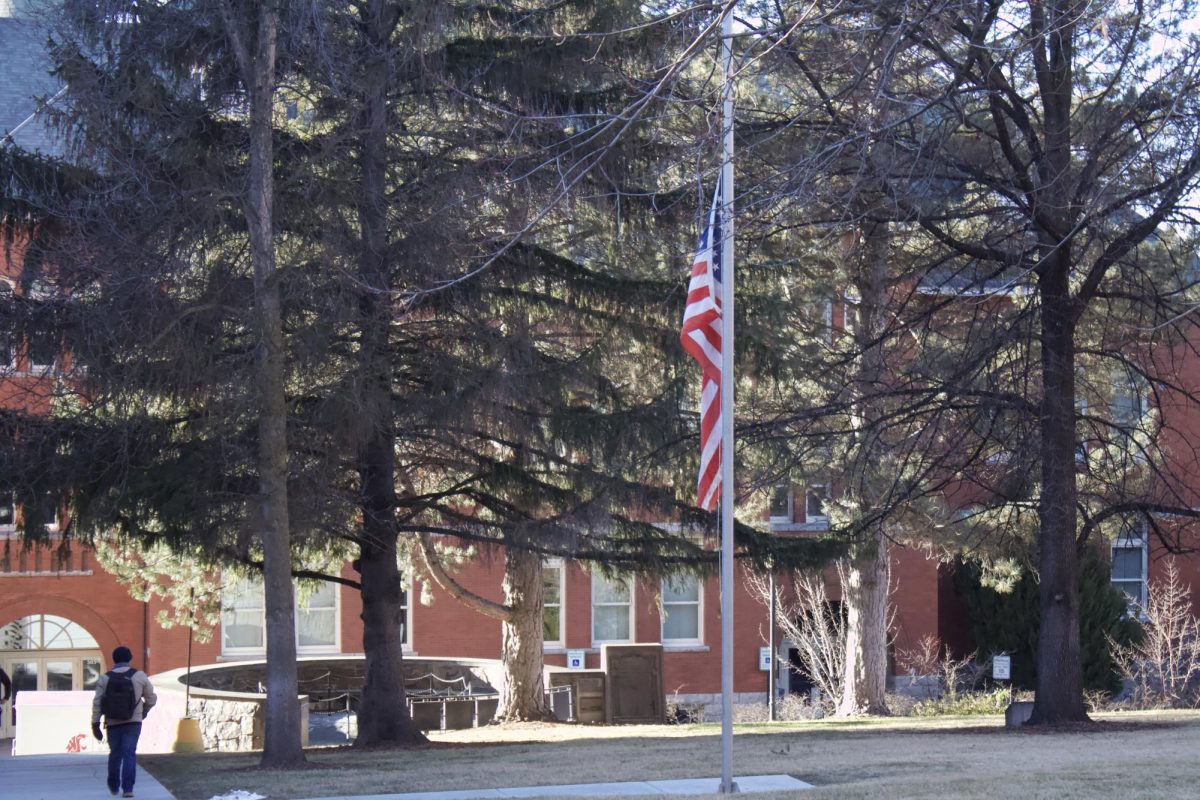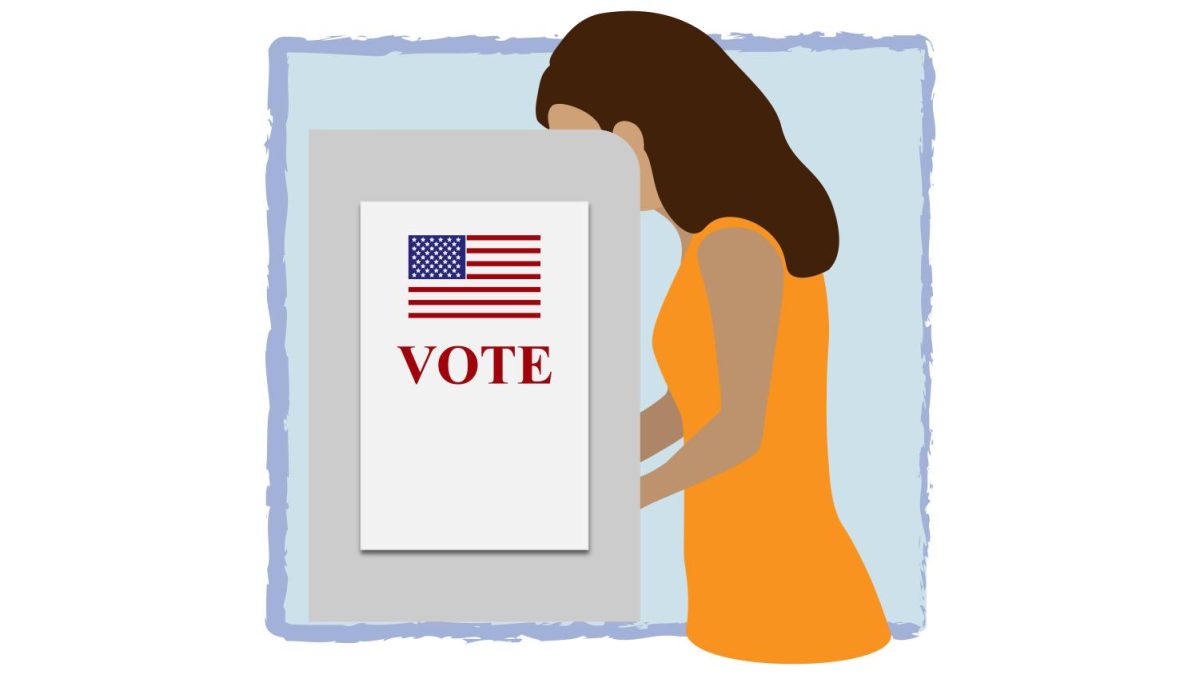A recent Moscow-Pullman Daily News opinion article argued any eligible voter should first have to pass a basic American citizenship test. While this is not an uncommon position, it is an ultimately dangerous one.
Each additional barrier placed before a voting booth is yet another obstacle opponents of voting rights can and will move to block voters with. Sure, ensuring voters are informed sounds nice on paper when looking at it through the lens of a utopian democracy, but we are most certainly not a utopian democracy.
Even with steps in the right direction, opponents of voting rights have fought to push back on progress every step of the way, including tactics such as deliberate voter interference efforts. In the latter half of the 19th century and throughout the 20th century, this was especially prevalent in southern parts of the United States.
The 15th Amendment, which expanded voting rights to those regardless of race and color, was ratified in 1870. That is 94 years before the murders of civil rights workers Michael Schwerner, James Chaney and Andrew Goodman in Neshoba County, Mississippi, by the Ku Klux Klan and Neshoba County Sheriff’s Department.
In June 1964, three civil rights workers went missing after failing to check in with their handler, who was tasked with ensuring their safety. In response, Attorney General Robert Kennedy sent the FBI to investigate their disappearances. The 1964 federal investigation led to the discovery of their torched car, and with the help of the National Guard, the eventual discovery of their bodies.
The resulting criminal cases culminated in 19 defendants eventually being found guilty, including a deputy sheriff named Cecil Price and the last defendant who was convicted in 2005. The investigation and subsequent trials also inspired the 1988 Willem Dafoe movie Mississippi Burning, which shares its name with the codename “MIBURN” given to the investigation by the FBI.
Now, I know what you are thinking. If everyone has to take the same test, what is the issue?
The issue lies in the fact that a standardized populace is an illusion. In the United States, school districts are funded by property taxes, meaning wealthier school districts receive more funding. Funding, of course, translates to more resources and better opportunities.
The proposed test also mirrors many Jim Crow laws, including literacy tests, that restricted the ability of African Americans to vote. Having only just been freed and not previously having access to education, the literacy tests served as de facto voting exclusion practices to suppress those that state governments were threatened by politically.
Since then, especially in the last decade, states have passed laws to suppress voters, including prohibitions on voting by mail, new voter ID requirements and restrictions on assistance with voter access and the voting process. For instance, in 2021, Georgia passed The Election Integrity Act, which among other things, banned providing free food and water to those standing in line to vote.
In 2024, general election turnout was approximately 60%, meaning nearly two in five eligible voters did not vote. Is this because of apathy toward the two-party system, or is it due to an overarching lack of will to even attempt to vote knowing all the obstacles? It is likely a combination of both.
However, Brown v. Board of Education (1954) was decided decades ago, so how can a test be an issue, let alone a racial one? To put it simply, it is not just a racial issue.
Voter eligibility tests are a socioeconomic issue that often intersects with race due to systemic injustice in the United States, but poor white families would be just as threatened by a voter eligibility test as poor Black families.
So what would this mean for voting rights? It would mean poorer districts are disproportionately silenced.
Sure, there are trade-offs to allowing potentially uninformed voters to cast their vote, but the alternative is much more dangerous. Not allowing a family to have a say in their community and country simply due to their socioeconomic status is not only dangerous but also antidemocratic.
That is not to say that civics is not important because civics should have a stronger emphasis in schools. However, to implement a voter eligibility test is to set a goalpost that is further for some than others.
Families from poorer school districts would have a disproportionate challenge meeting the requirements, especially when factoring in intentional bad-faith voter interference. An easy way for powerful elites to prevent American working-class families from voting is to cut funding and manipulate curriculum standards set by the states.
In the Mississippi case study, there is an argument to make that the government, or at least the federal government, is a protector of voting rights. However, the issue that remains is voting requirements and curriculum standards are set by the states. That means a state or state government hostile to voting rights can and will move that goalpost every chance they get.


